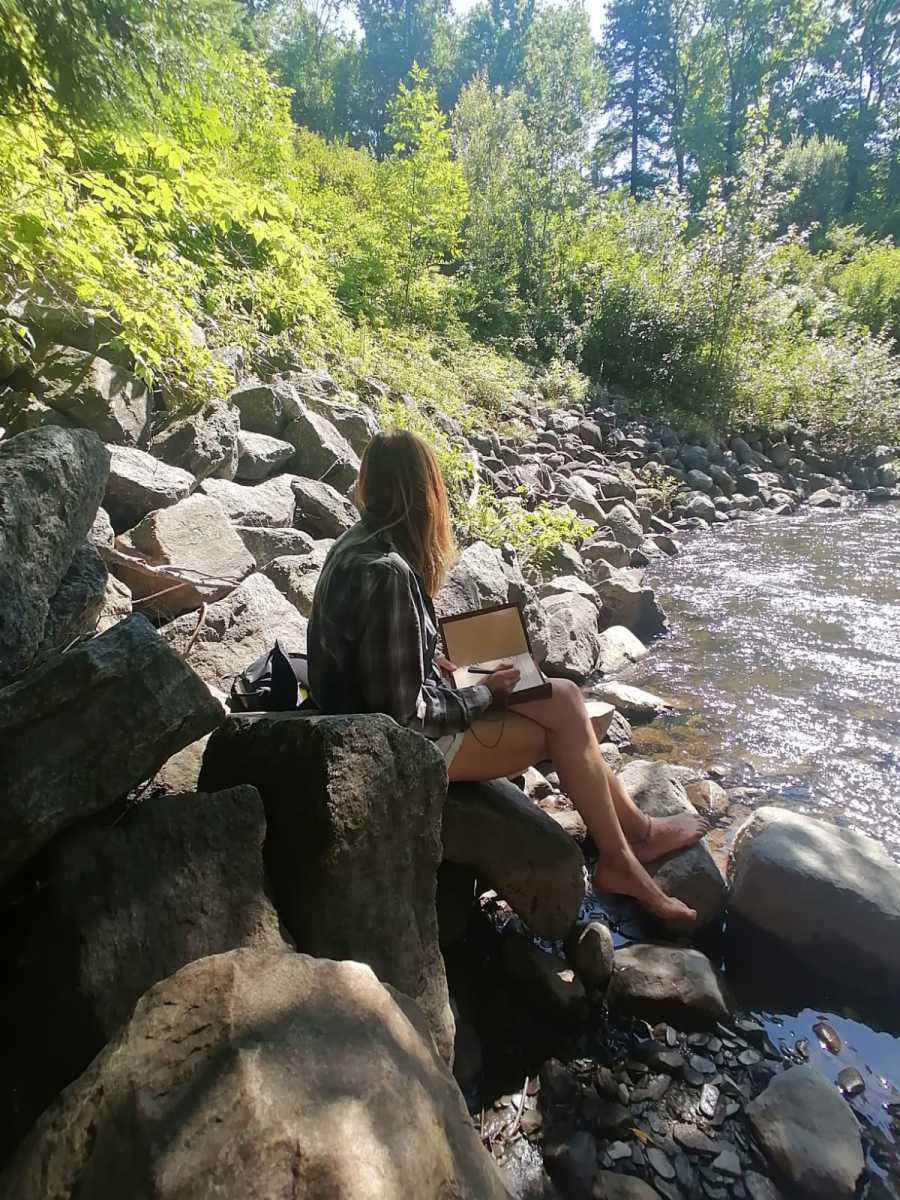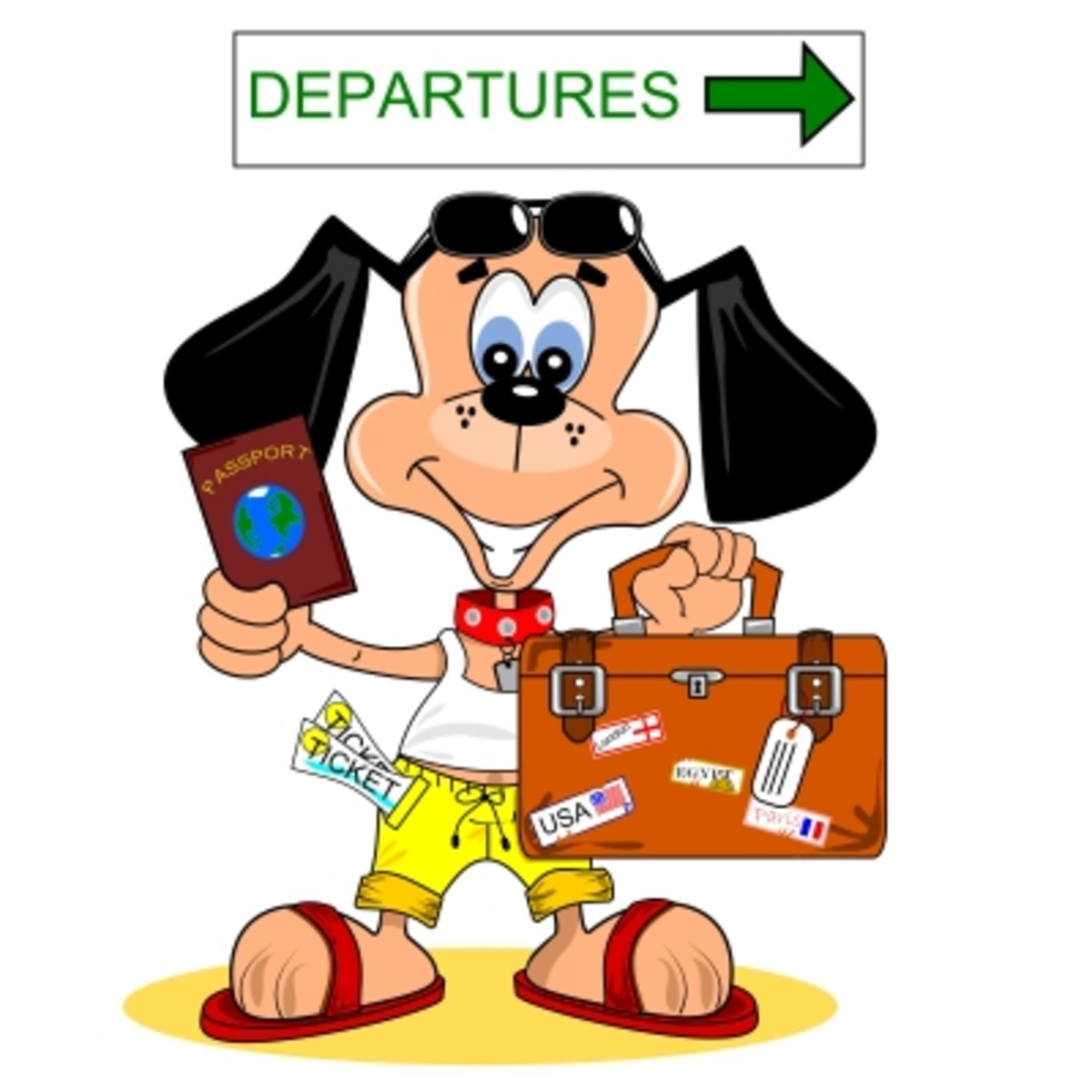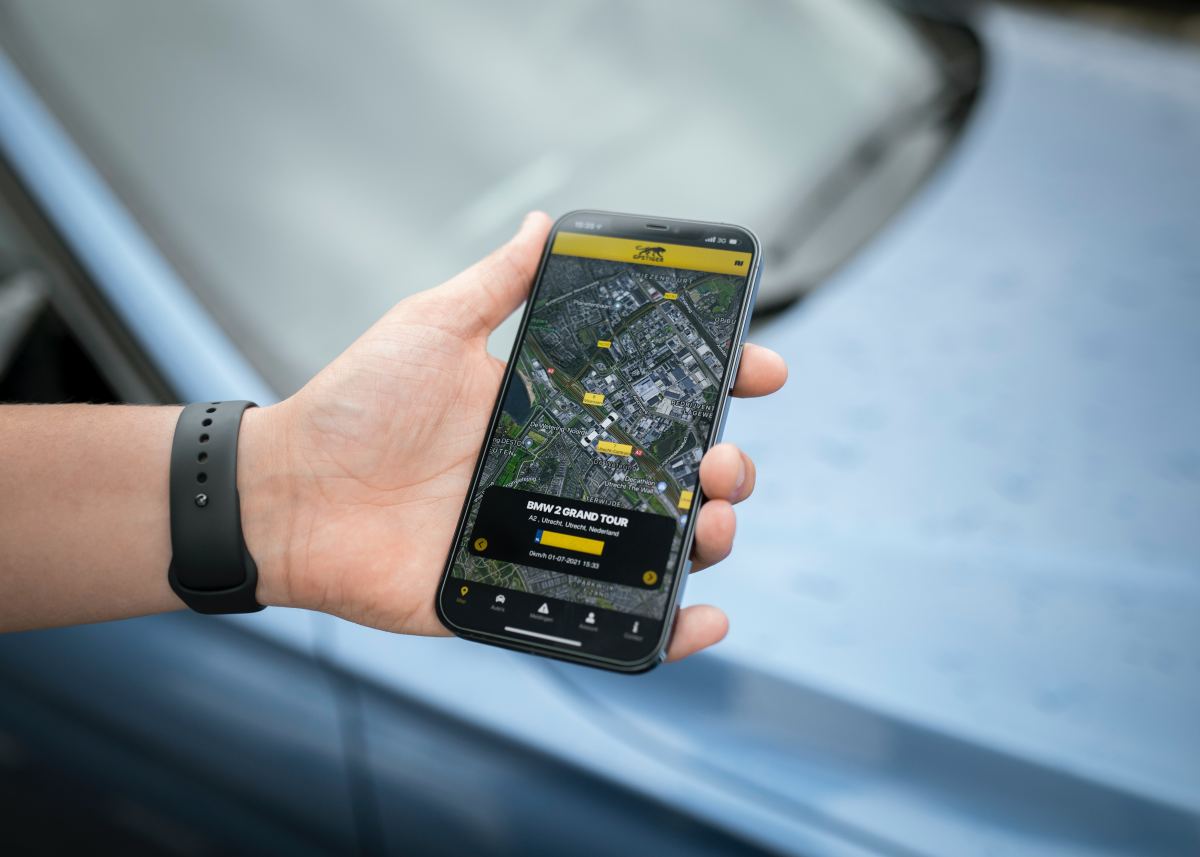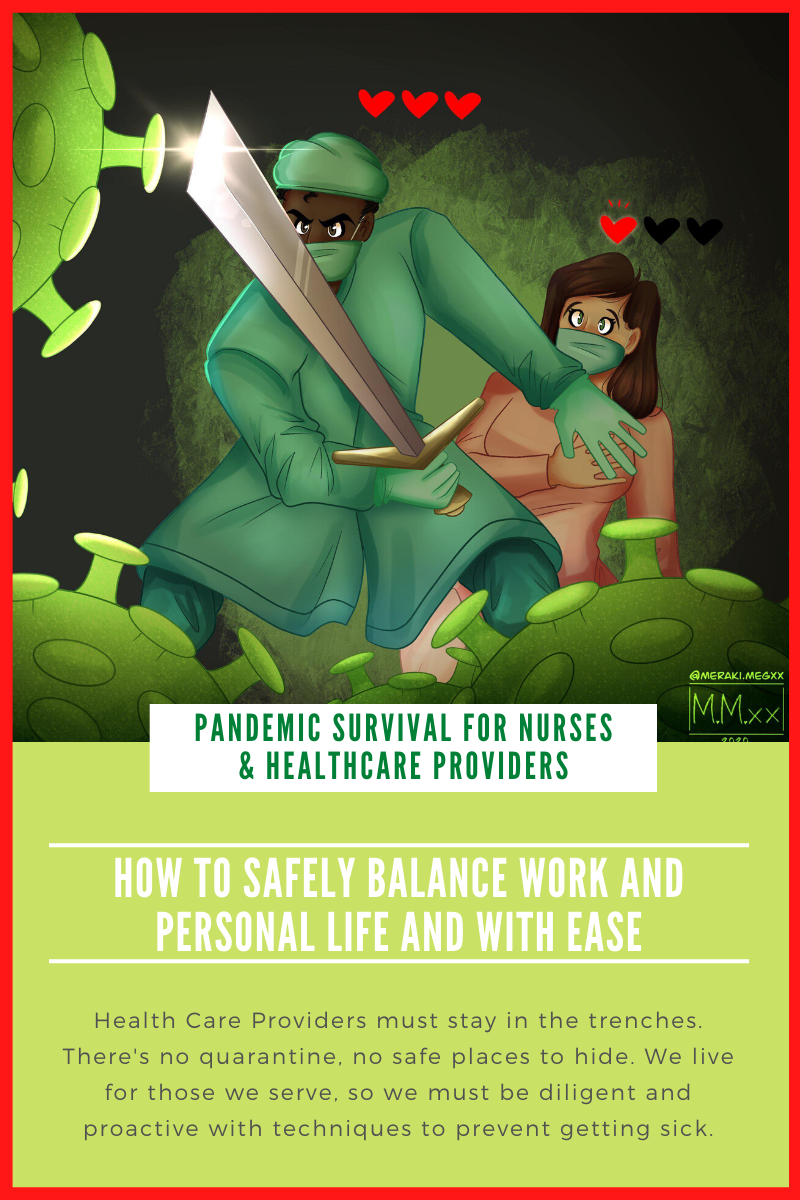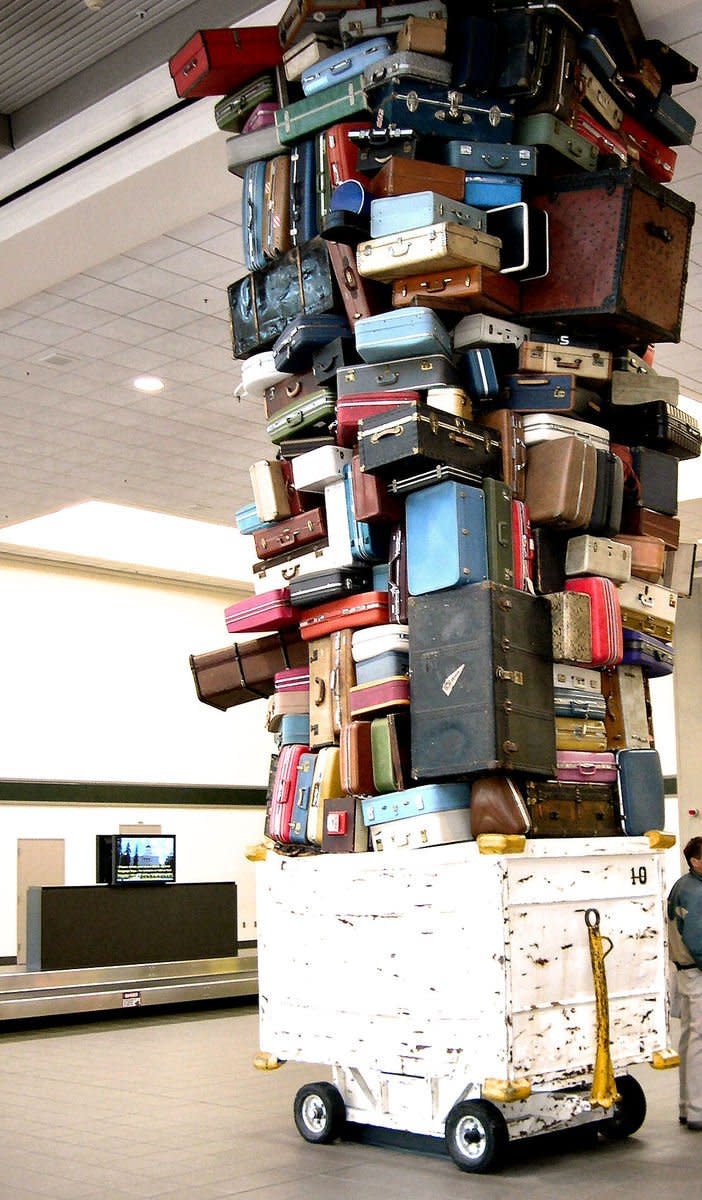Dangers for a first-time world traveller? Staying safe and healthy on the cheap and in travelers' hostels
Introduction
When travelling for the first time abroad, or in an independent sense, as opposed to having been on a package holiday where you are looked after throughout, it is easy to take some basic steps that will help ensure both your safety and your enjoyment of your trip.
Travelling on your own schedule, and choosing the things you see and do, is an absolutely wonderful experience!
Nothing compares with the thrill of arriving in a new city, finding somewhere to say, and experiencing a new place, or going to a railway station and seeing what trains are listed, and just picking a destination.
I've backpacked in India, Russia, Turkey, Mongolia, China, and much of Eastern Europe, and it's an experience I would recommend strongly to anyone. A bit of basic research and preparation will make your journey a lot better.
So make the most of it, and stay healthy, fit, and safe during your adventures.

Research your destination
The first thing I would suggest is to research the destination.
You need to find out about the general security in the country, and in different regions of a country, if it is a big and complex country such as India, China, or Russia.
In addition to a general security question, there are also places where people of certain nationalities, genders, ethnic origin, or different sexuality may be more vulnerable than people who are different.
It always pays to look at the Foreign Office website (the UK) or the US Department of State, which gives detailed advice to travellers about countries and areas within a country.
On a first trip, I’d take all their advice. If it says that all non essential travel to a country is ill-advised, don't go!

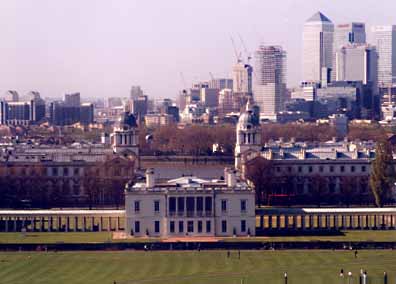


Keeping your possessions while travelling
You also need to be aware and prepared to look after the stuff you take with you.
Many travellers use, as I have done, a belt which clips around the waist with a pouch to secure expensive and valuable possessions.
These are worn under your clothes. Most people typically put a passport, credit cards, a visa (if separate from your passport) and money in such a belt for safety’s sake.
It is also well worth having a small wallet where you have an amount of money you’ll need in one day.
The security of keeping your stuff safely next to your skin is far reduced if you are fiddling and pulling it out in public in order to pay for a newspaper or a bottle of water.
If you have a wallet with enough money for daily needs, even if that is stolen from you, it’s not a disaster, it's just annoying.
If your wallet with all your money, credit or debit cards and travellers' cheques is stolen, that's much more problematic.
If you’re going to be staying in hostels, or travelling overnight on trains, you may want to consider taking a padlock for either a locker or to chain your luggage to a luggage rack overnight.
It’s always a good idea to photocopy your passport, credit cards, and any traveller’s cheques or visas, and to take one photocopy with you (kept apart from the original documents) and leave another copy at home in case all your luggage is lost.
This makes replacement and proof that you’ve had these items much easier in case it’s necessary.
Book your first night's accommodation in advance
Even if you intend to travel around and see where you end up, and to stay in a hotel you find on the way, it’s always a good idea to book your first night in a hotel or hostel before you arrive there.
On your first arrival in a foreign country, bewildered by a new culture, sounds and smells, the last thing you want to do is try and find a hotel in the middle of the night.
Local knowledge
Once you are there, take advantage of local knowledge or tales from other travellers
Situations can change quite rapidly, or be different on a micro level. So if you’re told by other travellerthat a particular site or town is currently not particularly safe, listen to that advice.
- International Travel Information from US Department of State
- Travel health
- Travel advice by country
In depth advice for every country in the world, updated regularly for all British travellers. - Safety When Travelling by Great Gap Years (UK)
Basic health while travelling
You can easily try and maximise the chances of your staying healthy when you’re away.
Get any vaccinations that you haven’t kept up to date with, and any which are recommended for the places to which you are travelling that you don’t have at home.
If you are travelling to an area with Malaria, take your doctor’s advice on what prophylactics to take, and consider things like insect repellents and mosquito nets.
One of the biggest problems in many developing countries is clean water.
There are various devices which can help keep you clear of dysentery, salmonella or other unpleasant illnesses, including iodine tablets or personal water filters.
If you are not drinking the local water, be wary of eating things such as salads which may well have been washed in the local water, or ice in drinks, which can be made from tap water.
Get proper travel insurance. Getting ill and needing to be flown home is very, very expensive.
Take essentials with you
Keep with you things that might be hard to buy in a particular country. For example, it’s often quite difficult to buy sun cream in places like India, apart from its vast expense in the main cities. If you take a medicine regularly, take it with you, and a prescription or a letter from your doctor explaining that you are taking this legitimately.
Conclusion
A more general comment, but one which often applies, is don’t do anything you wouldn’t do at home. Just because you’re abroad, you’re not automatically safe. I have seen and heard many tales of people doing things like sleeping in railway stations overnight or on beaches which they would consider an insane idea at home. Don’t think you’re absolutely invulnerable.
After all the preparation, have a great trip, and enjoy coming home.



